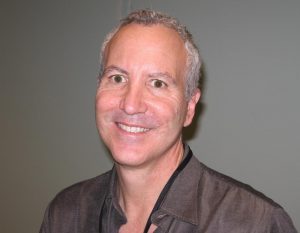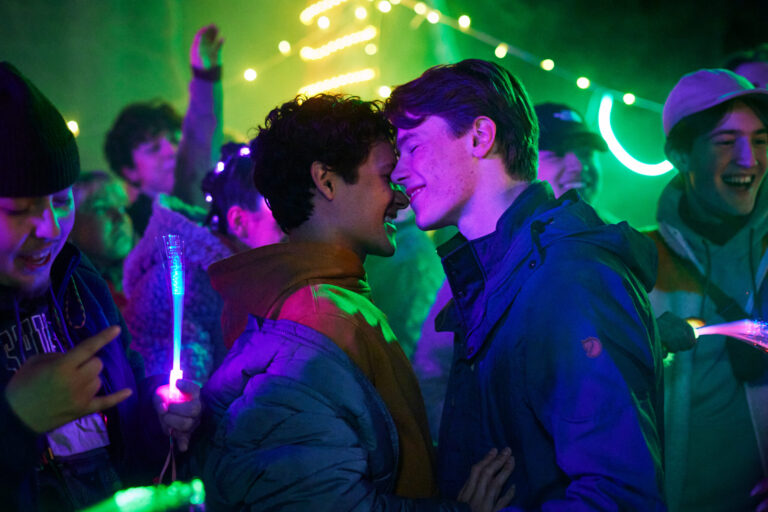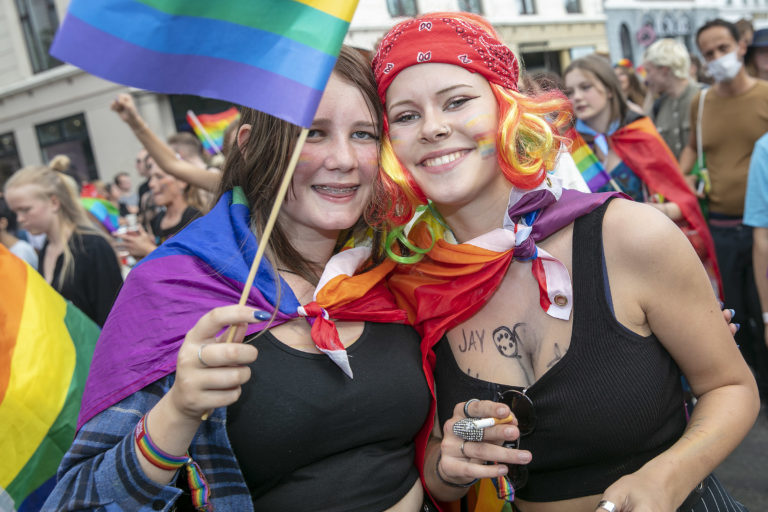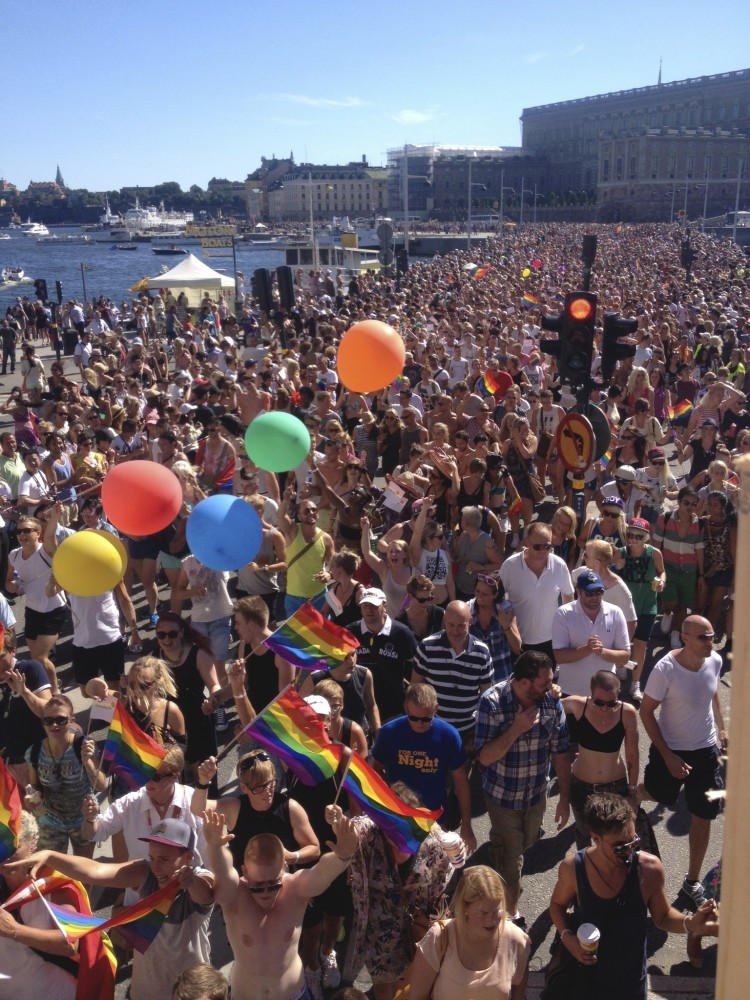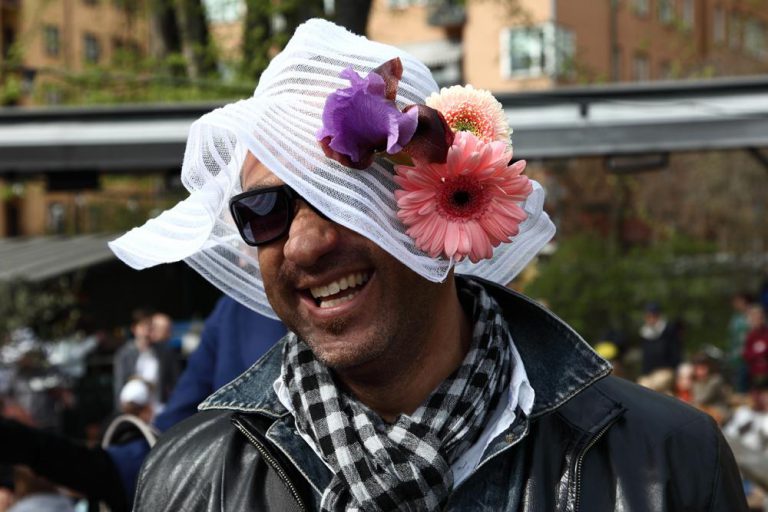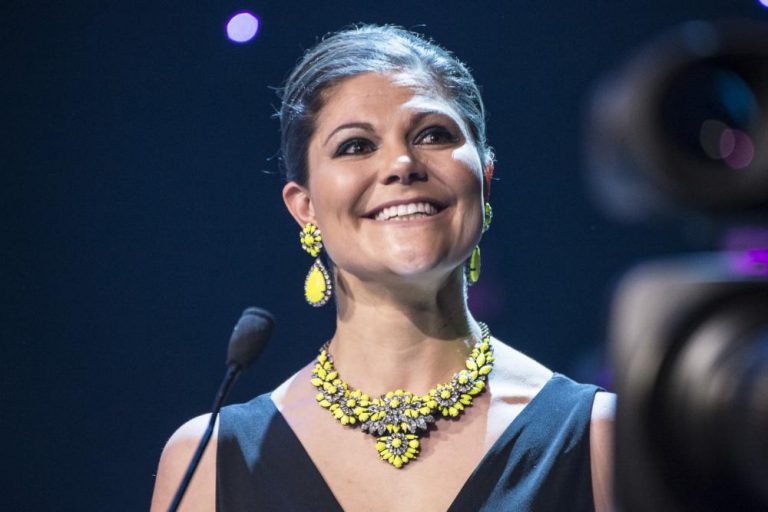And, for the first time since the Nov. 4 election, several of those leaders publicly detailed what they did wrong.
”When I look at what was the biggest mistake, when I lie awake at night prepping my e-mails I’m going to send to all of you and I think about the biggest mistake that we made, it’s that we’ve turned everything over to political experts and political consultants,” said Equality California Executive Director Geoff Kors. ”And I would never ever do that again. You know, when we started Equality California, everyone was, like, ‘Hire professional lobbyists to go lobby on LGBT issues,’ and I was, like: ‘You gotta be kidding. We’re going to do our own lobbying because it’s about our lives and we know what we’re talking about and we know how to do this.’ One thing, you know, that I would never do again … we should have been in the strategy room and part of those (consultants’) conversations, and that was a huge mistake.”
Los Angeles Gay & Lesbian Center CEO Lorri Jean, another key member of the No on 8 leadership team, was similarly forthcoming.
”How could we have realized earlier that professional, high-paid consultants were not delivering product?” Jean asked. ”I’m trying to say this and not be too provocative, since we have so many professional political campaign consultants in the room. But, you know, there is an approach that people who are professionals use to do this. And I think one of our challenges as a community, given that issues of relevance to our community are different than anything else that goes on the ballot because of the emotion and the other things that are associated with them, we have got to find a completely different way than business as usual to do this work.”
The tension between conventional ballot-initiative wisdom and the possibly special nature of gay issues was nowhere more prominent than in the $40 million of ads the No on 8 campaign ran on TV, said Kate Kendell, executive director of the National Center for Lesbian Rights and a prominent member of the No on 8 leadership.
In an interview, Kendell said: ”One tension that’s surfacing (today) — and it’s one we faced in the No on 8 campaign — is, Do we ignore our campaign consultants and the polls and the focus groups — which will almost always tell us that showing gay couples and families is not the most effective messaging for undecided voters — do we ignore all that and show those families anyway because we instinctually and viscerally know that people who see gay images, who have conversations with gay people, who have LGBT people in their lives are better on our issues?”
Kendell called that question ”a fundamental choice” for any future campaign on same-sex marriage.
”Do you sublimate the presence of gay people in your TV ads in order to move undecided voters? Or do we ignore the (consultants’ polling) numbers because we just don’t believe they’re true in order to continue a narrative about our lives and our relationships in full view?”
Kendell said that all the leaders of the No on 8 campaign ”wanted to have TV ads with gay people in them.”
”But the polling showed that the more undecided voters saw of images of gay people getting married, the more they were moved to the ‘yes’ side.”
Kendell said she would be ”completely supportive” of a strategic decision to dump the consultants, pollsters and focus groups in favor of trying a from-the-gut campaign to win over Californians on same-sex marriage.
”If we decide to do that, I am completely supportive of that,” she vowed. ”But we would be moving a campaign forward that breaks every convention of statewide campaigns in California. And there will be campaign experts who will tell us we are making a terrible mistake. And yet, given how many times we’ve lost, it may be time to think about a model that is provocative and shocking.”
State Assemblymember Tom Ammiano, D-San Francisco, was among the summit attendees who criticized No on 8’s gay-free TV ads.
”The TV commercials were bland,” Ammiano said in an interview. ”Where were the gay people? We were missing in action, and that’s what this is about. We can be a lot more incisive and direct if we are required again to have a campaign where there are going to be TV commercials.”
Ammiano, who worked with gay icon Harvey Milk on the 1978 campaign that beat back an initiative to ban gay teachers from California public schools, said there also were additional problems with how the No on 8 campaign behaved.
”Communities of color made gestures to the No on 8 campaign to help and they were not well-received — Latino groups and some black groups,” he said. ”I don’t think we took full advantage of the blogosphere or the ethnic press and those are very, very powerful today. … We also can’t forget the grassroots. There is a hierarchy in the community … but that hierarchy is really dependent on your everyday rank-and-file person, and they were not included in the way that would have benefited the campaign.”
Many of those attending the summit applauded and cheered when various speakers suggested that the leaders of the No on 8 campaign had done the best job they could. But that sentiment was far from unanimous.
”Today is about the same people … taking control of anything that goes forward, being in charge, and collecting the money and having the power,” said Miki Jackson, a longtime lesbian and AIDS activist in Los Angeles.
”These people are control junkies, they are power junkies, and we are at their mercy,” Jackson said in an interview, singling out Kors and Kendell by name. ”They’re up at the podium and they’re talking at everyone. … Grassroots people can’t even stand up and ask a question. It has to be read (from a notecard) by a moderator. There isn’t a rift between the grassroots and the No on 8 usual suspects — there is a wall they have built. We have a place, and they want us in it. You can see it here today.”
In addition to the occasionally raucous plenary sessions, much of the summit consisted of ”breakout” sessions in which smaller groups of people focused on topics such as African Americans, Asians and Pacific Islanders, media, faith communities, families, government, labor, Latinos, legal issues, Netroots/Web 2.0, transgender issues and youth.
Los Angeles Mayor Antonio Villaraigosa made an unplanned appearance at the summit, saying he’d just heard about it that morning.
”In 1994, I first began to stand up on the floor of the Legislature and talk about these issues, and talk about that this was the last frontier of the civil rights movement, that this was the only area where people of conscience, people who think they’re not bigoted in any way, feel like they can discriminate … feel like they can say no to you for a job, no for housing … say no to this and equality of rights when it came to domestic partnerships, and now equality of marriage,” Villaraigosa said.
”We know it’s time to say: ‘Yes. Yes, we can. Yes, we will,'” he said. ”I’m going to stand with you every step along the way … not because it’s popular (but) because it’s the right thing for us to do.”
Uppdaterad 2016-11-16
Hjälp oss att komma ut
För att QX som månads- och nyhetstidning skall kunna fortsätta ge röst åt regnbågssamhället i hela sin fantastiska bredd behöver vi ditt stöd!
Som prenumerant får du månadstidningen digitalt före alla andra och du kan även välja att få den hemskickad. Med ditt stöd kan vi fortsatt komma ut!





